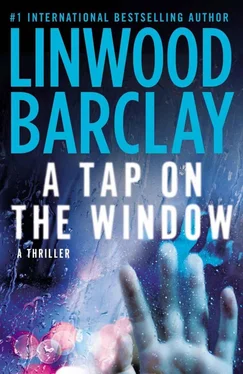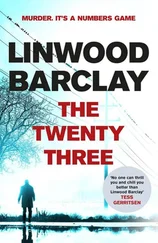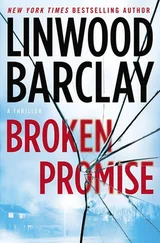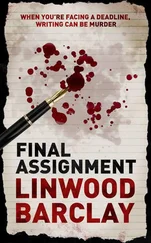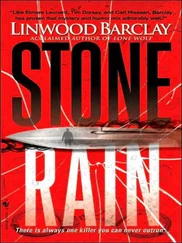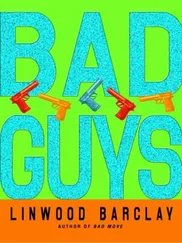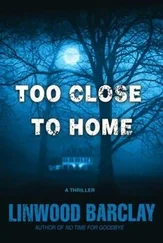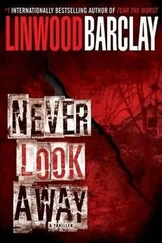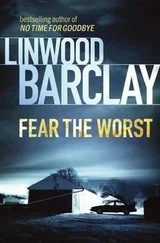I ran up the half dozen steps, past the cornerstone that reminded everyone that the building had been here since 1873. As I made my way down the hall toward the council chamber, which was actually an old-fashioned courtroom by day — think To Kill a Mockingbird — I could hear a murmuring of voices, the subtle movements of people shifting in their seats.
I hadn’t expected to find so many people in the gallery. Four or five dozen, I guessed. Town hall meetings around here rarely got into anything more controversial than somebody putting money into a meter and not getting any time, but there was clearly something bigger than that going on tonight. A man in the audience was on his feet, pointing to the front of the room, where the mayor, flanked by a couple of town councilors, was seated at a long table.
The man, who looked to be in his seventies and was wearing a plaid shirt and a ball cap, said, “I don’t know what gives you the right to think you can tell the police how to do their job.” There were murmurs of agreement from the people seated around him as I slipped into one of the seats at the back.
Bert Sanders, who had the kind of good looks — a full head of dark hair, a strong chin, a nice set of teeth — that could have given him a shot at being mayor of someplace a lot more important than Griffon, replied calmly, “I’m not telling the police how to do their job, but I’m not afraid to tell them who they’re accountable to. And they’re accountable to everyone in this room. Not just me, or the people sitting up here with me. They’re accountable to you, sir.”
“Well, I think they’re doing just fine,” the man shot back, still standing. “I go to bed at night and I feel safe and that’s bloody well good enough for me.”
“I’m not so sure everyone shares your assessment,” Mayor Sanders said. A hesitant hand went up tentatively on the other side of the gallery. “Yes?”
A redheaded woman in her forties stood up, slowly, like she wasn’t sure, now that she’d been called upon, that she wanted to say anything. But she cleared her throat, and spoke.
“Some of you may know me. I’m Doreen Cousens, and I manage Griffon Dry Cleaners. I recognize a lot of you folks. I’ve got one of them petitions by the cash register, about the cops are tops, and sometimes I get customers, they don’t want to sign their name, and what I’m wondering is, if I know who those people are, am I supposed to make a note of it?” She waved a sheet of paper in the air. “Because I’ve got a list of names here of people who wouldn’t sign. Should I give that to the police, or to you?”
“Oh for God’s sake,” Sanders said. “Yeah, give it to me.”
The woman moved to the aisle, walked to the front of the courtroom, and handed the sheet to the mayor. From where I sat, it looked like there were twenty or thirty names on it.
Mayor Sanders took the sheet, ripped it in half, then ripped it again. The woman who’d handed it over put her hand to her mouth as a collective gasp swept the room.
Another woman bolted to her feet and shouted, “If there’s people here don’t support the police, we need to know who they are!”
“Damn straight!” someone said.
“Who’s on that list?” shouted another. “Are you on it, Mayor? Are you?”
Sanders held up both hands, hoping for quiet, and finally pushed back his chair and stood. “I don’t know if I’m on Doreen’s or not. But if I’m not on hers, I may be on somebody else’s, if they’re taking down names like Doreen is. Because you’re right — I haven’t signed. I don’t have any intention of signing. I don’t have to swear allegiance to the police. My allegiance is to the Constitution, and the citizens of Griffon. I won’t be intimidated into signing that petition, and no one here should feel compelled to do it, either. I support any police force that operates within the law, that does not exceed its authority, that does not take it upon itself to mete out sentences.”
Some rumblings among the crowd, but also a smattering of applause.
“When an officer wearing a badge of the town of Griffon,” Sanders said, his voice rising, encouraged perhaps that he had a handful of people on his side, “takes a suspect down by the water tower and knocks out one of his teeth, then something is very wrong with—”
“Bullshit!”
The whole room, including me, jumped. It’s hard not to flinch when a cannon goes off. I might even have jumped more than most, since the explosion came from right behind me. Like everyone else, I whirled around, and standing there, at the entrance to the courtroom, was Griffon’s chief of police, Augustus Perry.
All six foot three of him. Broad-chested, thick-necked, and totally bald, he carried himself well even with that bit of a paunch he had going on. He was in uniform, although his position allowed him to be more casual about it. Black dress boots, new jeans with a visible crease, a white collared shirt and a tweed jacket with a small badge pinned to it. You half expected him to wear a Stetson, even though we were a long way from Texas, but our chief thought his shiny dome afforded him more distinction.
I was sitting no more than three feet from him, and was the first person in the room — aside from the mayor — he locked eyes with. They popped for a second — clearly he hadn’t expected to see me here — and then he gave an almost imperceptible nod.
I returned it. “Augie,” I said quietly. “Evenin’.”
Perry took his eyes off me and turned them back on Sanders, who said, “You’re out of order, Chief.”
The way the two faced one another across the room, the only ones standing, it was like we were at the OK Corral. But I guessed that only the chief was armed — I knew he kept a weapon attached to his belt, just under the jacket — and it struck me as unlikely that shooting the mayor would be the best way to confront accusations of police brutality.
“I’d say you’re the one out of order,” Perry said. “You preach about the Constitution, yet here you are making unsubstantiated charges based on rumor and hearsay and innuendo. This individual you say was assaulted by a member of my force — is he here? Am I able to confront the accuser on behalf of my officers?”
Perry paused, his last word echoing in the hall.
The mayor took a moment to respond. “No, he is not.”
“Have you a sworn statement from this person? Has he filed a complaint? Launched any kind of action against the town?”
Another moment of silence. “No,” Sanders said again. He looked, briefly, as though he’d been slapped, but he raised his chin defiantly. “In a town where simply failing to sign a pro-cop petition gets your name on a list” — he gestured to the torn pages before him — “who’d dare take the police on with an assault charge?”
“Doreen might have been taking down names,” Perry said, “but she was not asked to by anyone under my command, and I’d have torn that list up same as you.” He pointed a finger. “You’re a showboater, Sanders. A bleeding heart, an opportunist, and a slanderer. If you’ve got evidence that my people are breaking the law, bring it to me, and I’ll weed out the bastards. But in the meantime, you’d be well advised to keep your powder dry.”
Before Sanders could respond to that, Perry turned to walk out, and caught my eye a second time.
I smiled and said, in a voice loud enough just for Perry, “Leaving when you’re on a roll, Augie? Your horse double-parked?”
He gave me a sly grin. “Bet you’re relieved the mayor tore up Doreen’s list.”
I shook my head. “You know I’m always in your corner.”
Augustus Perry snorted and left the building.
Читать дальше
